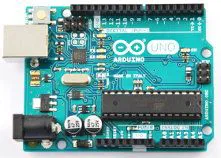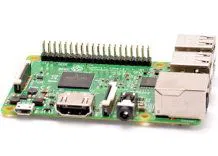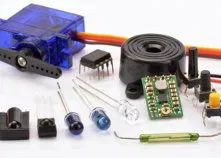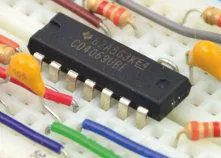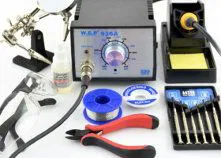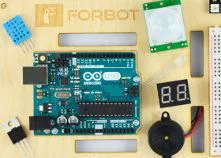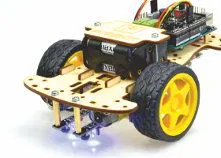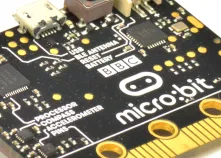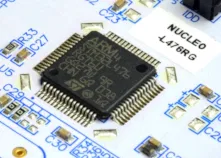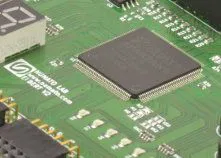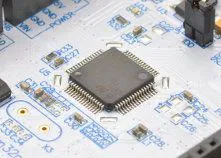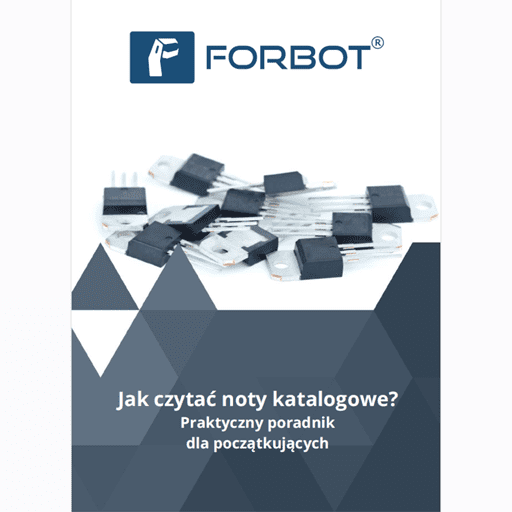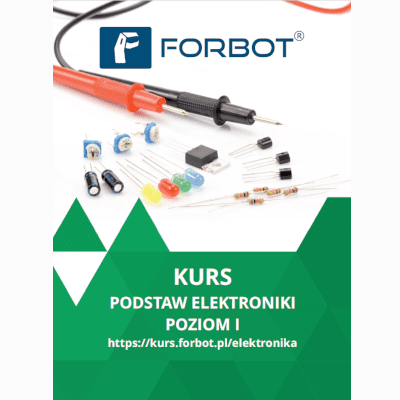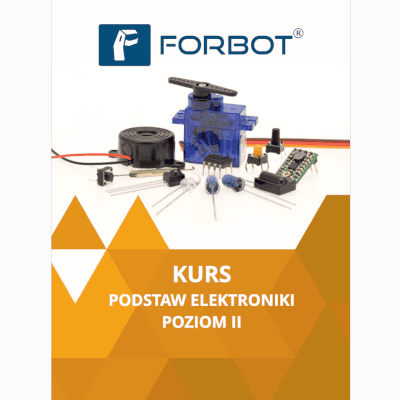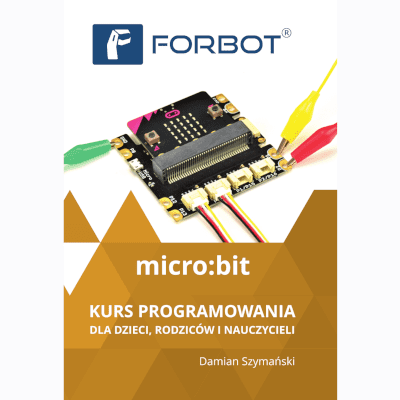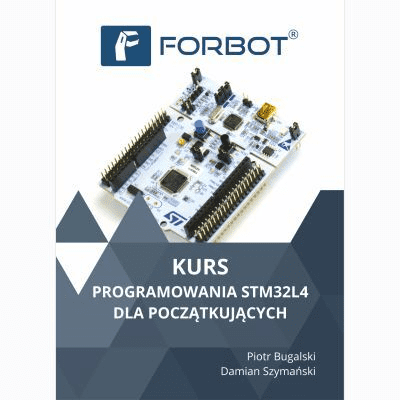Harvard University holds the first place in the Shanghai Ranking – a global list of world’s best universities and colleges. It is hard to find a better recommendation than to point out this privilege. The Arduino Machine Learning Kit presented here is the foundation of HarvardX’s paid courses, so you can get certified in TinyML and get moving with machine learning in earnest.
TinyML – an introduction
The use of TinyML (Tiny Machine Learning) in educational, research and consumer applications has bring wonderful results. And so one of the courses, Deploying TinyML, can be described as a mix of computer science and electrical engineering. Harvard University teaches you how to program microcontrollers and implement your own code for them in TensorFlow Lite. They allow you to gain hands-on experience with embedded systems, get a thorough training in machine learning in general and finally implement applications such as voice, sound and gesture recognition. The course itself can even be taken online with the edX platform – more on the Harvard University website. According to the course description, the commitment requirement is 2 to 4 hours per week, and we can choose the pace of learning that suits us.


TinyML is one of the fastest growing areas of deep learning and it is gratifying to see, first of all, that it is rapidly becoming more accessible (and affordable). Also, it’s worth mentioning that deep learning networks are getting smaller and smaller. Significantly smaller. The Google Assistant team can detect words with a model as small as 14 kilobytes – small enough to run right on a microcontroller.
In your own place, at your own pace.
Arduino Machine Learning Kit
The heart of the kit is an Arduino Nano 33 BLE Sense board built on a NINA B306 module and with Nordic nRF52840 processor (Cortex M4F chip). Its architecture is fully compatible with Arduino IDE in both online and offline operating variants. It has on board sensors for temperature, pressure, humidity, light, colour and even gestures. There is even a microphone, which can be managed by specialised libraries.

What is the kit from Arduino Machine Learning Kit all about? Enhanced with the OV7675 camera module, this kit allows you to create a small smart device that responds to sounds, recognises gestures or faces. The board can detect motion, acceleration, rotation, temperature, humidity, barometric pressure, sounds, gestures, proximity, colour and light intensity. All we have to do is create and program a machine learning model, and then train it using intuitive software. This is not a small task – you need some “hands on” experience in the field of classical algorithms and deep neural networks supported by TensorFlow Lite Micro, which we will return to in the last part. The course mentioned above will support you in all of this.
Fine, but what for?

The course and working with the kit is more than a promise to actively contribute to modern machine learning and artificial intelligence technologies. In addition to the practical and obvious dimension of coding and training your own device projects with TinyML, the user has the chance to learn topics such as:
- Training external models for your own projects.
- AI basics, real cases and scenarios.
- Applications of AI in industry and business.
Appropriately designed and constructed with the kit, the device will collect and use data for us with an accuracy incomparable by other means.
TensorFlow AI Library
As an interlude, it is impossible not to mention TensorFlow. This open source library, which has been functioning for over seven years, was created by Google. We can program in Python, C++ and with Nvidia CUDA architecture.
Examples of devices using TensorFlow resources are:




How useful was this post?
Click on a star to rate it!
Average rating 0 / 5. Vote count: 0
No votes so far! Be the first to rate this post.




